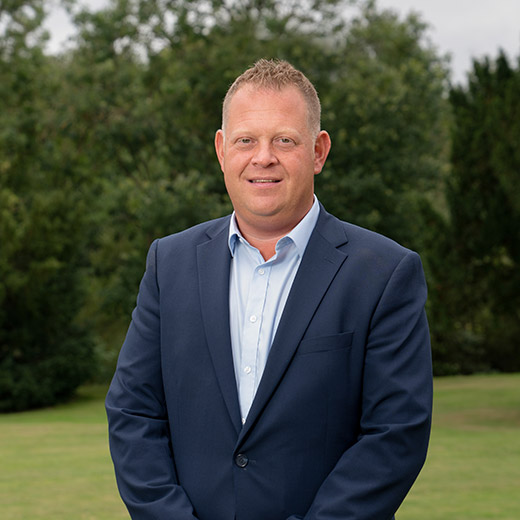Therapy approaches at Steps Together
Psychotherapy
Psychotherapy is a form of ‘talking therapy’. It helps to build a pathway from the subconscious to the conscious. Sigmund Freud known as the father of psychoanalysis believed our instinctive drives and unconscious motivations strongly influences our conscious engagement with life. Bringing the unconscious into view via therapy helps us to understand why we respond and behave the way we do. Our unconscious is believed to store all our experiences memories and repressed needs. This may have a direct affect on underlying issues which could be linked to addiction. Freud’s work continues to influence contemporary practice up until the present day but not one size fits all so we integrate many other therapy based approaches to enable clients to recover.
What follows is a therapist ‘tool box’ used with skill, experience and compassion.
Psychodynamic therapy
This therapy aims to help interpret a person’s emotional process by looking at patterns which people have developed over time. Looking at early childhood experiences can reveal why we act in an ‘avoidant ‘way or developed ‘defences mechanisms’. It also focuses on an in-depth intimate look at our relationship with others particularly our parents. Usually this therapy is long term and goal oriented.

The Humanistic approach
Humanism says ‘life is upsetting and difficult at times’ it’s our response to those issues which we need to take responsibility for. Simply put ‘it’s not the rains fault you’re wet, it’s because YOU didn’t take a coat’! Humanistic concept looks at ‘self actualisation’ Maslow’s hierarchy of needs, this means living your best life to your full potential. Having free will and using it wisely to promote self care. Accepting who you are and being congruent and authentic all contribute to self acceptance, self care and self love having a direct affect on self worth. This aids the recovery process and helps with forgiveness. It encourages individuals to take ownership and accountability of their own behaviour and promotes choice. The humanistic approach combined with the 12 step model of recovery facilitates reconnection with self and others. This begins the process of building on self-worth thus reducing feelings of self-loathing and negative self-image.
Person Centred Therapy
This approach also comes under the humanistic umbrella and was founded by Carl Rogers an American psychologist. He refers to 3 core conditions in PCT are Empathy Congruence and Unconditional Positive Regard. The role of the therapist is to assist the client in their growth process to achieve ‘acceptance’ and requires the client to actively take the reins whilst the therapist acts as a guide and rather than a directive role. This approach works best when clients are sufficiently ready to take on responsibility for making the changes required for their recovery to grow and be maintained.

Existential therapy
This approach focuses on the nature of being human. It opens us up to the bigger questions of ‘what is our purpose’. This concept also visits subjects of Self-Awareness, Determination and Freedom/Responsibility. It focuses on free choice and responsibility which dovetails perfectly with the 12 Step model of recovery used at our facilities. Once a client has completed medically assisted withdrawal and understands the nature of addiction they then have a choice to recover and make the necessary changes required. Therapists assist clients in the pursuit of authenticity by creating a safe therapeutic space to practice Honesty Open mindedness and Willingness to change. This results in clients becoming responsible for their own thoughts actions and choices and aids the engagement in the real world reducing the fear of the unknown thus finding purpose.
Gestalt therapy
The origins of Gestalt therapy are based in Fritz Perl’s work in the 1930s. He believed people were best viewed as a whole person rather than aspects of an individual. The word Gestalt in German means ‘whole’ or ‘the sum of all parts’. This approach focuses on the here and now and how we deal with situations based on our experiences. Therapists may draw on past issues for reference but will bring those issues into the present rather than focussing on the past. The techniques in Gestalt therapy are very different from mainstream conventional talking therapies. Exercises such as ‘Empty Chair work’ are performed ‘Top dog v Underdog’ and other expressive role play is undertaken. All these exercises are to encourage the individual to stay with the feelings and engage in the present.

Cognitive Behavioural Therapy (CBT)
CBT aims to help an individual recognise their problematic behaviour and explore ways to change it for a more positive outcome. Simply put it aims to control our negative automatic thoughts. An example of automatic thoughts can ‘I’ll always be a failure’ I’ll never be able to do this’ ‘I always make mistakes’ ill never feel well again’ ‘I’m useless and not worth it’. CBT is effective with many mental health conditions particularly Anxiety and Depression. Challenging our thoughts and feelings or breaking the link enables us to arrive at a different behaviour thus changing the negative outcome. CBT is a collaborative therapy involving a side by side relationship with the therapist. Homework or tasks may be set to evaluate the changes in a person’s behaviour. Clients are encouraged to constructively evaluate their behaviour and look for evidence of their validity pursuing whether the behaviour is helpful for them or not. CBT challenges core beliefs some of which are inherited from our family of origin. Challenging these beliefs can lead to more rational behaviour and result in more confidence once the commitment to change has been adopted. This encourages newly recovered individuals to see that they can change their behaviours if they are open to challenging them and see positive results from ‘change’.
All of these therapies enhance the client’s experience of treatment and work alongside the 12 step model of recovery complimenting it perfectly.
Julie – Therapist at Steps Together





